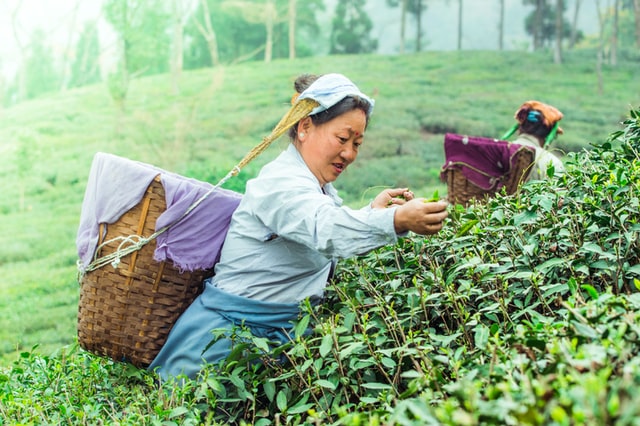Top CSR Projects in Darjeeling
Related Articles
Affordable Hostel for Working Women in UP: जल्द मिलेगा यूपी की महिलाओं को सुरक्षित छात्रावास, 4,000 कामकाजी महिलाओं को होगा सीधा लाभ
Affordable Hostel for Working Women in UP: उत्तर प्रदेश की कामकाजी महिलाओं के लिए बड़ी राहत की खबर है। शहरों में रोजगार की तलाश...
HIV rate in Mizoram 13 times higher than national average, Govt raises Concern
Addressing the alarming HIV cases due to sexual transmission in Mizoram, its Health Minister Lalrinpuii called for immediate action, he said the situation is...
यूपी में अधिकारियों की खैर नहीं! गलत जांच रिपोर्ट लगाई तो दर्ज होगी एफआईआर, योगी आदित्यनाथ सख्त
UP CM Yogi Janata Darshan: उत्तर प्रदेश में अब गलत जांच रिपोर्ट लगाने वाले अधिकारियों पर सख्त कार्रवाई तय है। मुख्यमंत्री योगी आदित्यनाथ ने साफ...


